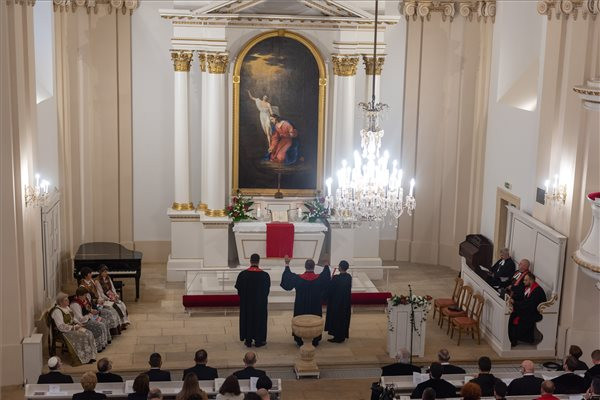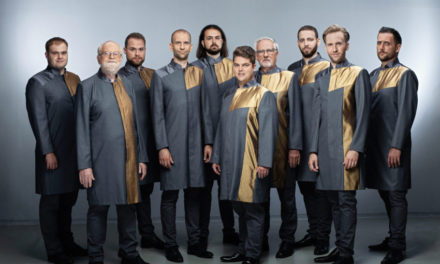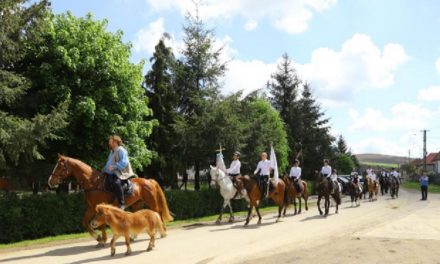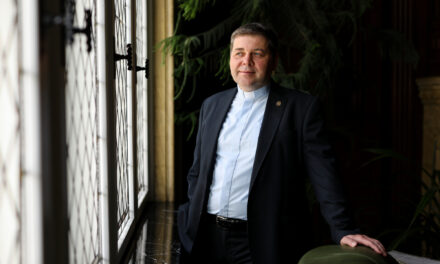In Cluj, in the presence of church leaders and representatives of the Romanian and Hungarian governments, the renovated Lutheran church and the renovated building complex of the bishop's residence next to it were consecrated.
As Bishop Attila Fehér, who led the renovation, said: the works cost about ten million lei (7.2 billion forints). More than half of the amount was provided by the European Union, almost half by the Hungarian state, and a smaller part by the Romanian state.
At the thanksgiving service, the Lutheran bishop Dezső Adorjáni recalled: a hundred years ago, after the Trianon decision, the Synod of the Lutheran Church met in this church and declared that the 33 Lutheran churches in Romania would establish an independent bishopric.
"Our church was created by political compulsion, but we have reason to be thankful. The Lord kept us, gave us life and a task," declared the bishop. He considered it a miracle of God that the Hungarian evangelical community in Romania did not die out, and today it can celebrate in a professionally renovated church.
János Árpád Potápi, the State Secretary of the Prime Minister's Office responsible for national policy, welcomed the event and stated: today, the renewal of churches carries the message of the spiritual and spiritual renewal of the nation everywhere in the Carpathian Basin. "While churches are being demolished west of the Carpathian Basin or pubs are being moved into them, in the Carpathian Basin between 2010 and 2020, around 1,600 foreign churches, parishes, parishes, and church community centers were renovated and rebuilt. (…) Our churches tell us that today we live in such a way that we do not forget the path of our ancestors, but our task is also to ensure and support the path of future generations," stated the state secretary.
Kelemen Hunor, Deputy Prime Minister of Romania, considered it exemplary that the renovation was carried out with the support of the EU, the Hungarian and the Romanian states. "Glory belongs to God, but God needs collaborators. God found excellent collaborators here, because only those who want to stay build churches and schools and renew the old heritage. He who has faith. Someone who is optimistic about the future," said the politician.
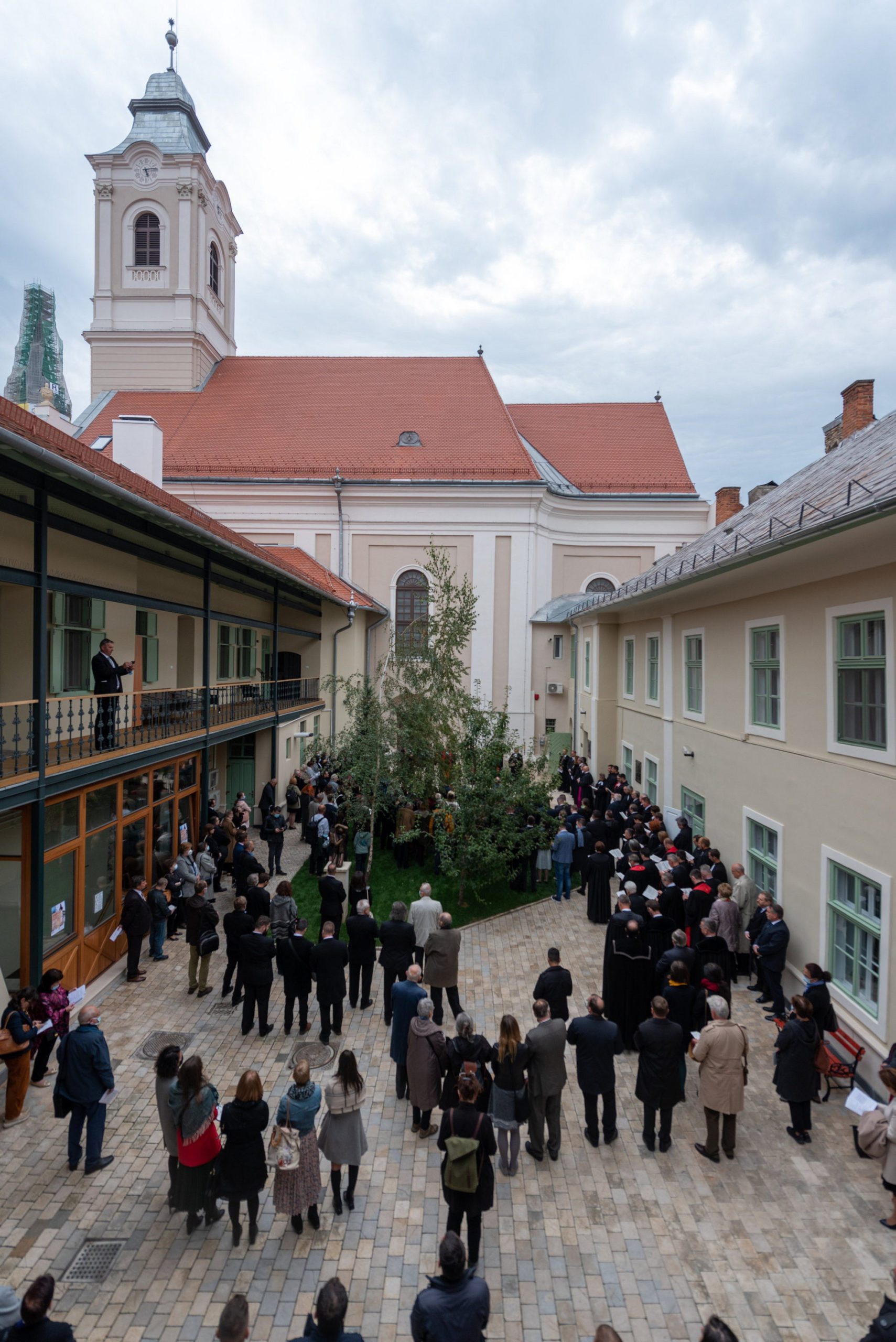
Cluj, September 24, 2021.
Participants in the rededication of the Evangelical-Lutheran church and bishop's seat in Cluj on September 24, 2021. The works cost about ten million lei (7.2 billion forints). More than half of the amount was provided by the European Union, almost half by the Hungarian state, and a smaller part by the Romanian state. Source/MTI/Gábor Kiss
The Evangelical church on the corner of the main square of Cluj-Napoca was built between 1816 and 1829, and the church complex next to it is built on 13th-century foundations. During the renovation, the entire complex was renovated inside and out. The third manual of the church organ was built, with which - according to the bishop - the instrument became the best concert organ in Cluj. Some of the pipes of the organ were placed in the tower, and their sound was conducted through a sound corridor above the vaulted ceiling of the church to an opening above the altar. A family-friendly novelty in Cluj-Napoca is that the part under the gallery of the church has been enclosed with glass walls. Children can play here during church services and concerts without disturbing church events.
Source and featured image: magyarhirlap.hu

